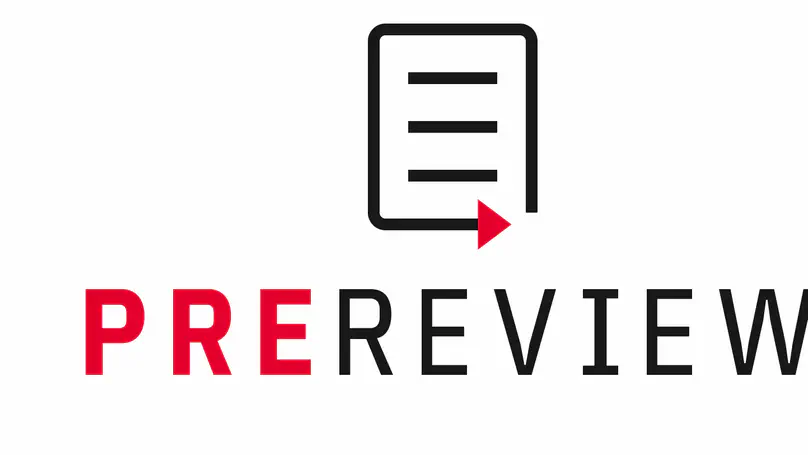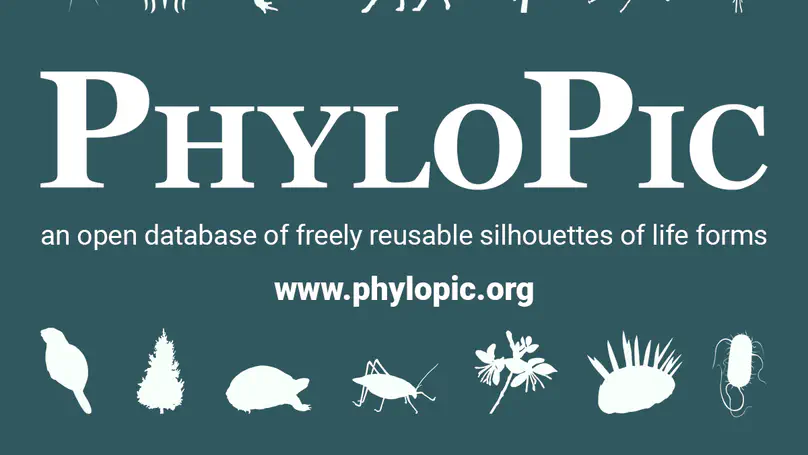Posts
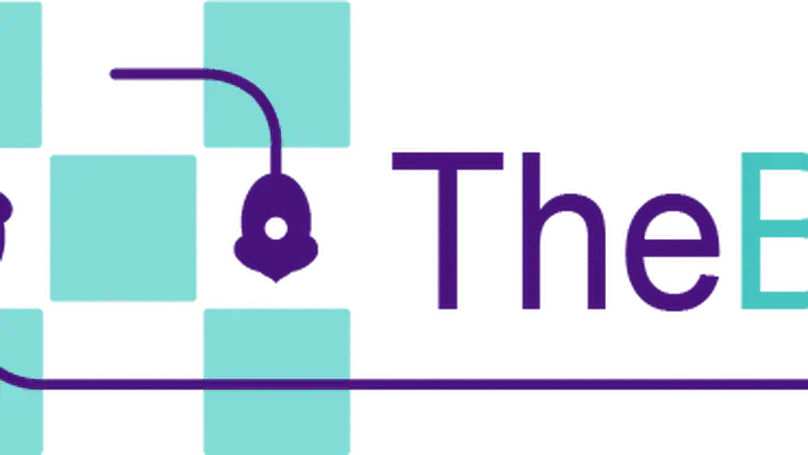
TheBehaviourForum.org (www.thebehaviourforum.com) is a global platform bringing together scientists, technicians, and animal welfare experts to advance the study of animal behaviour. This free, user-friendly space fosters collaboration, enabling members to share knowledge, troubleshoot experiments, and discuss best practices.
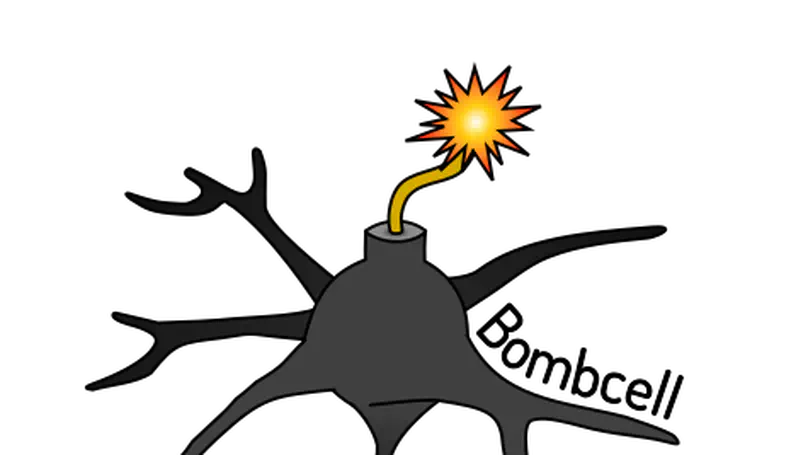
Recent advances in high-density neural probes, such as Neuropixels, have revolutionized electrophysiology. However, they produce large, complex datasets that require extensive quality control. This is typically done through manual curation, which is time-consuming, subjective, and lacks standardization.

Neuroscientific imaging demands advanced techniques capable of resolving intricate neural circuits, fine axonal structures, and precise synaptic connections within expansive, three-dimensional volumes. Light-sheet fluorescence microscopy has emerged as a transformative tool for this purpose, enabling high-speed, three-dimensional imaging with minimal photodamage.
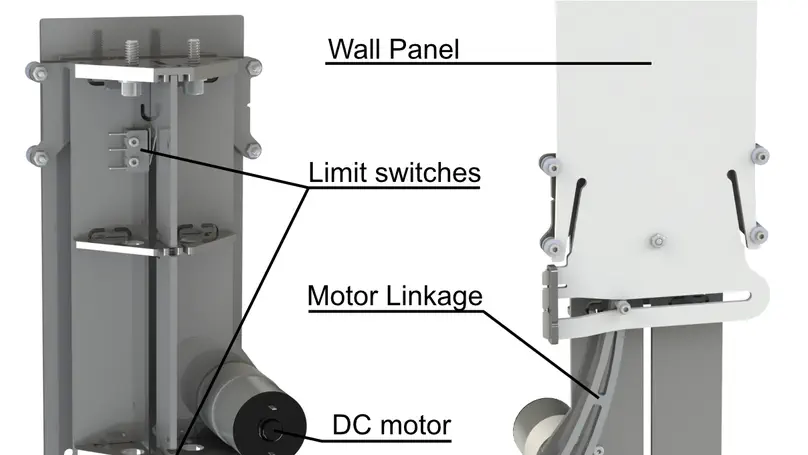
Rodent mazes have been used for decades to study the neural basis of behavior. Advancements in rapid prototyping techniques and access to affordable electronics allows laboratories with sufficient expertise in engineering and programming to customize and construct maze apparatuses and behavioral tasks, thereby increasing the ability of their studies to answer specific scientific questions.

Neurobagel aims to connect decentralized neuroimaging datasets using linked data principles while allowing data files and access control to remain with research institutes. The Neurobagel software ecosystem provides reusable data schemas and intuitive tools to:
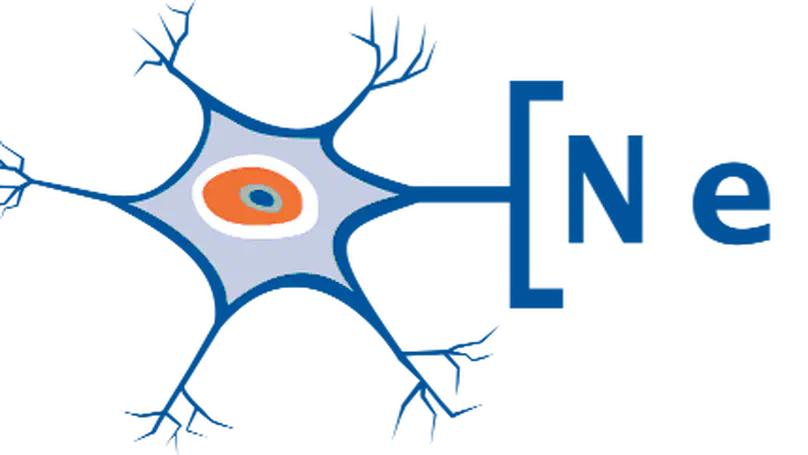
NeuroML is an international, collaborative initiative to develop a language and associated software ecosystem for working with data-driven biophysically detailed models of neural systems. With NeuroML, you can easily create, visualise, analyse, inspect, simulate, share, and re-use models and model components.

Nipoppy is a lightweight framework for standardized organization and processing of neuroimaging-clinical datasets. Its goal is to help users adopt the FAIR principles and improve the reproducibility of studies. The framework includes three components:

When meta-research (research on research) makes an observation or points out a problem (such as a flaw in methodology), the project should be repeated later to determine whether the problem remains.
